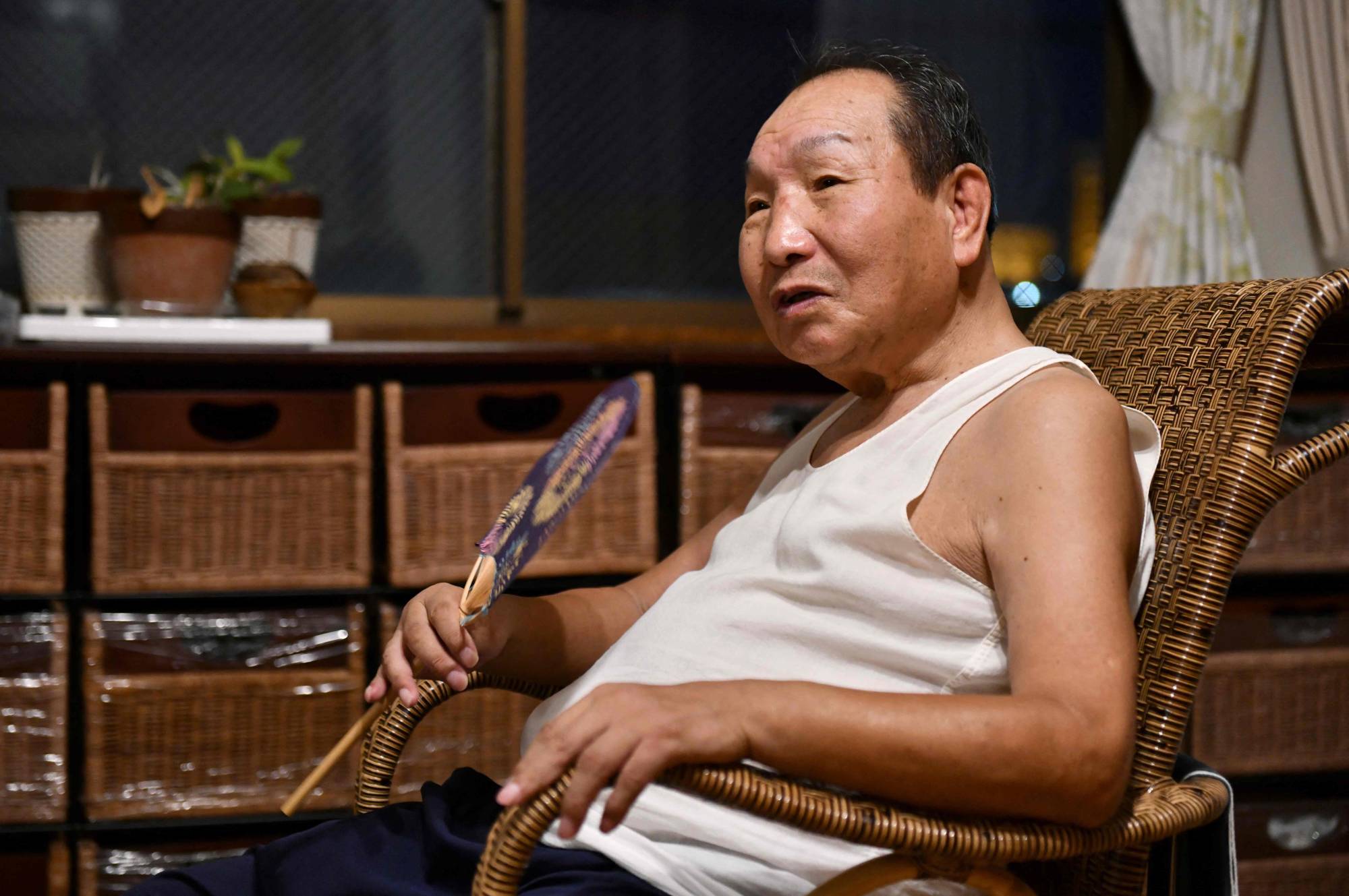When Iwao Hakamata, then 30, was arrested on Aug. 18, 1966, over his suspected involvement in a murder-arson case in Shizuoka Prefecture, he was interrogated by the police for an average of 12 hours a day — sometimes for up to 16 hours — for 23 days in a simmering hot room without air conditioning.
During this time, he was only able to speak to his lawyer on three occasions, for seven minutes, 10 minutes and 15 minutes, respectively. Unlike in some countries, Japan’s judicial system doesn’t allow lawyers to be present during an interrogation.
After 21 days, on Sept. 6 of that year, the exhausted former pro-boxer caved, admitting to stabbing a miso firm executive, his wife and two teenage children to death before setting the house on fire with gasoline.


















With your current subscription plan you can comment on stories. However, before writing your first comment, please create a display name in the Profile section of your subscriber account page.